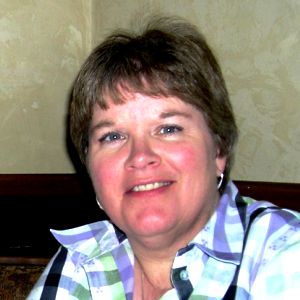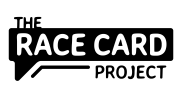Sherhonda
Florence, AL
As a child, every time a white girl touched my hair, she had something derogatory to say about how my hair felt to her fingers. Those experiences didn’t end with adulthood. I was a career professional at a university in Huntsville, Alabama, when a coworker asked to touch my hair. My hair was chemically relaxed, hung to my shoulders and had cascading curls that, to me, were soft, the way curls should be, according to everything I had ever read about beautiful hair. She rolled my hair between her fingers, looked surprised, and said “Huh. It feels like straw.” and turned abruptly and walked out of my office. I knew she was embarrassed by her comment. She obviously expected my hair to feel as silky as hers. I expected my hair to feel silky. But her comments took me back to my childhood and the playground where all those white girls deliberately looked at my braids, tossed their hair and mocked that my hair couldn’t flow through my fingers. All my life, straight hair defined whether I could consider myself beautiful, not just in the white race, but among African-American friends and family who also were conditioned to like straightened hair over natural hair. The first time I saw Tracy Chapman on television, I marveled at her hair. She was beautiful. But barely had the thought entered my head when I heard a comment from someone sitting near me who wondered out loud what doesn’t she do something about her hair? When I HAD to go natural several years ago because my scalp revolted to all the chemicals, I cringed, knowing any feelings of beauty were over for me because my hair would be straightened. Since going natural, it has been quite a self-education journey. At first I was so angry my scalp was turning against me. I struggled to feel even remotely attractive. Truth is, I still struggle, but now I play with my hair just to see how it will look with this twist, or not, with this up-sweep, or not, and how quickly, or how long different styles take to achieve. It has been difficult to erase a definition of beautiful hair that’s been a part of my world for 50 years, even if I never understood the definition to begin with. Our society still is too bogged down in “good hair” “bad hair.” comparisons. There are hundreds of websites and YouTube videos telling us natural is beautiful – I’m so thankful that I went natural in this technological age because there was plenty of support online. Online had to teach me how to deal with the hair growing out of my head — it’s something I should already be intimately familiar with but chemicals and flatirons kept it disguised so I would be acceptable and beautiful. Until mainstream television, magazines and music videos depict the same message, we’re doomed to continue to define our hair as beautiful only if it is straight feels acceptable beneath a stranger’s fingers.







Comments are closed.